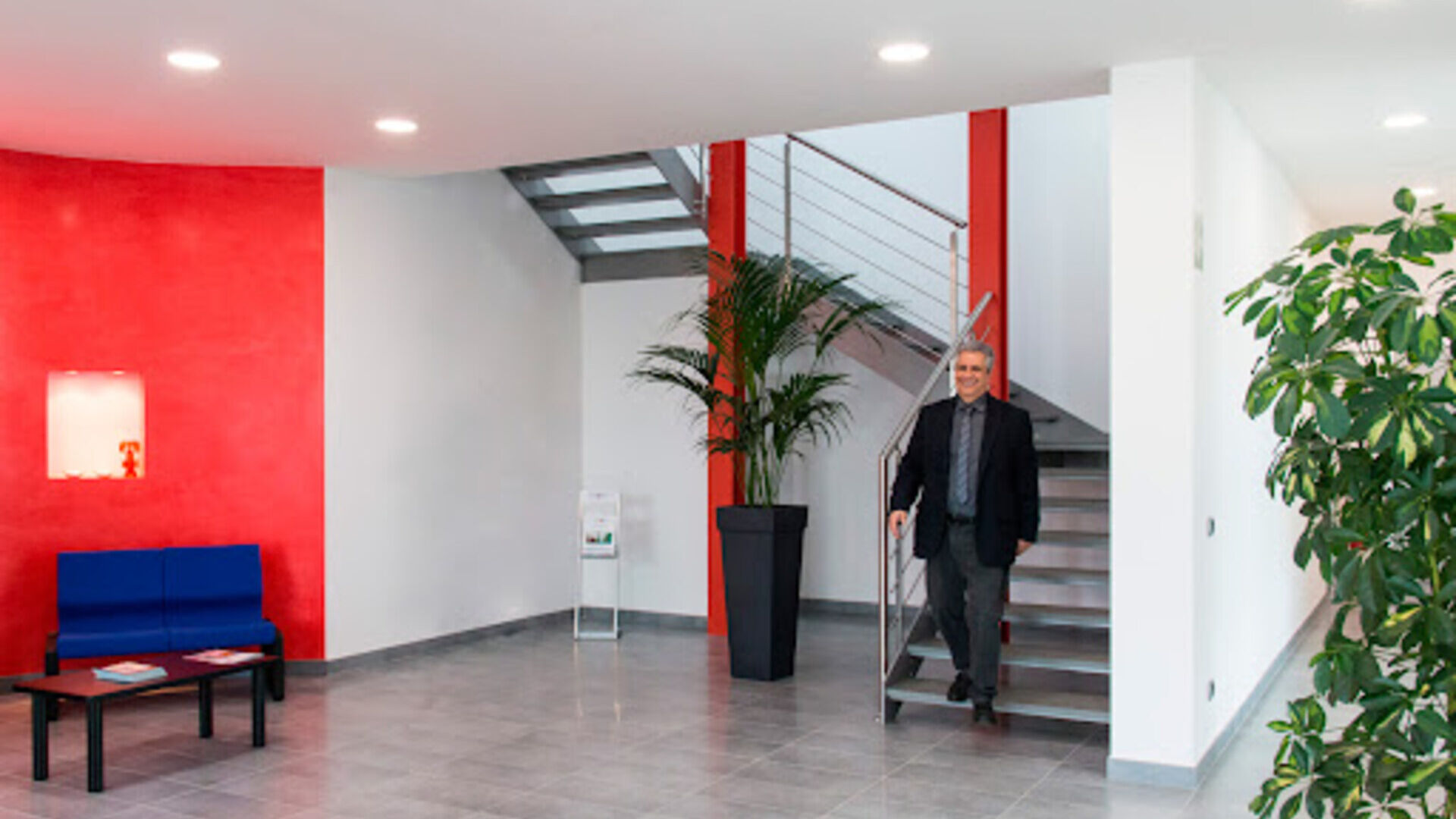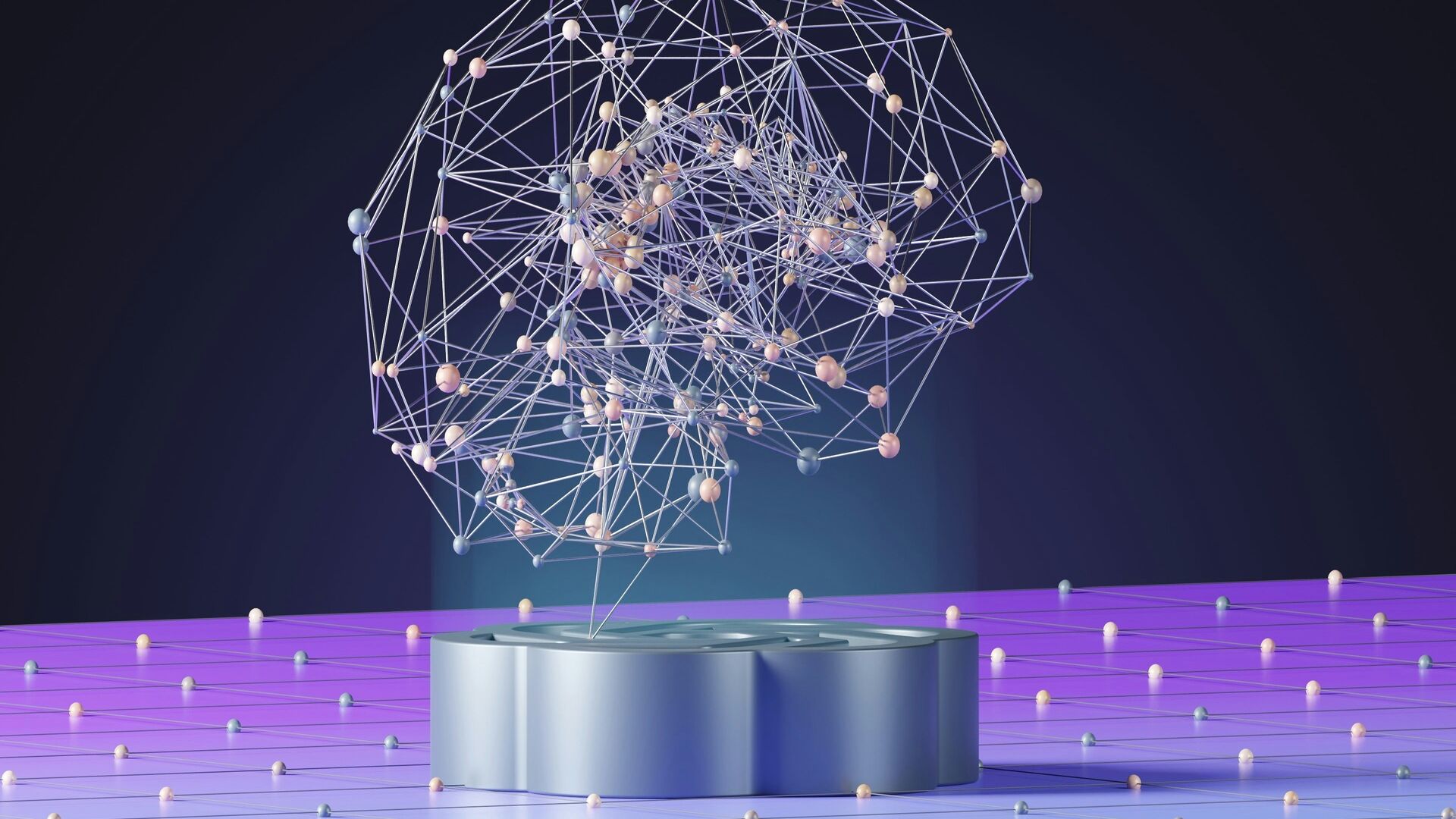The social responsibility of the company
The social responsibility of the company
Because looking only at pure profit is no longer convenient for businesses.
Times are changing fast, as I often say when speaking of exponential time. Both macroeconomic and social scenarios are changing rapidly for companies too. If the activity of a company, until today has always been characterized by the main element, ie profit, tomorrow, but we can already say today, this is no longer entirely the case. Other elements are coming into play and one of them, very complex, is the social responsability.
What is meant by "social responsibility" of a company? It is not difficult to understand, it is the relationship that afirm has with its territory of origin, with its employees and with the environment in which the company operates. What is really difficult is to tune into this unknown new element. As I said, if the explanation of what social responsibility is is not difficult to give, instead it becomes rather complex to imagine the activity of a company, founded on profit, in a new scenario, strongly linked to social equilibrium both in relations with people and the environment. Social responsibility will be a strongly characterizing element of a company to such an extent that it will become a sign of prestige and distinction also for brand awareness. The de facto company will have to begin to build its success (or maintain it) not only by virtue of its good products or services, but also by good relations with the internal (employees, suppliers, collaborators) and external (customers and non-customers) public. ), with the environment (ecology) and with the territory (territorial redevelopment policies, territorial marketing, identity and provenance, history).
If this is not a revolution! Shifting and concentrating one's presence as a market leader from generating profits to social identity is a difficult, tortuous but highly impactful, innovative and absolutely evolutionary path. When I introduce the concept of Brand Identity with my clients, I realize that the mental schemes that regulate business activity are difficult to corrode and yet, the success of a brand will also depend a lot on how it manages to identify itself in its own social reality.
Something is already happening and we see it from the commercials. It is no coincidence that the largest car manufacturers are raising awareness of social, environmental and territorial issues. The fact of having taken note of the social changes in relation to family relationships and multiculturalism is already a strong signal. I remember an advertisement by a well-known car manufacturer which featured a family man who with his own car would pick up his children from different mothers one by one. Not to mention the campaigns of our Telecom Italia which aims to be recognized as a company that promotes communication and therefore the sharing of knowledge, social relationships and here too cultural diversity no longer understood as a danger but as an asset.
It is no coincidence that companies such as Kraft and Nestlè have also begun to modify their industrial processes with offers on the market oriented towards the concept of social responsibility (especially due to the disasters made in past years, which have mortified their brands) . The FIAT case in this sense is emblematic. If Marchionne and Fiat hadn't had moral ties with Italy, they would certainly have closed almost all the plants within the borders of the Republic. Marchionne walked the razor's edge between the social responsibility of a company that had had so much in the past centenary and the need to reposition itself as a market leader by investing abroad to boost productivity and make ends meet. What then came out of a compromise between opprobrium and crap, is another matter. But there is no doubt that FIAT plays an important social role: among direct, indirect and related employees, thousands of families live in Campania thanks to the activity of that brand and the company itself cannot afford to free itself from the social ties that belong to it and will also belong to it. in the future, more and more.
The algorithm of social stupidity is not the result of social networks
Social responsibility means "people".
The relationship with people understood as a relationship with those who depend directly or indirectly on the business activity (employees, customers, suppliers, collaborators, etc…). The redefinition of the paradigms that regulate industrial and business activity with the people who make a living from that activity will be necessary. No longer employees but human resources, he understood precisely in terms of RESOURCES, a reservoir of creative capacity, knowledge and business development. It is not for nothing that the WE-ECONOMY concept, i.e. the democratization of management processes, is placed in this sense How to combine a top-down system with a more horizontal one (democratization) in order to achieve excellent levels of efficiency and decision-making speed will be the challenge of the future. Considering then that the exponential time in which we are living will necessarily lead business organizations to having to make ever faster choices, the question becomes rather complex.
In Lugano an innovative crossroads between human and natural sciences
Social responsibility means "technology".
The business activity and all present and future industrialization processes will have to deal with the environment. You don't run away. It is not only an entropic question but a moral one. Even today, the vast majority of companies operate outside the environmental needs and attention! Environment doesn't just mean environment that is water, sky, earth, sea, plants, animals and sun, but also the complex relationships that link man to the environment, that delicate man-nature balance that we are literally upsetting. Energy production will have to deal with the environmental balance: the ecological disasters of the oil platform in the Gulf of Mexico will no longer be tolerated and accepted, such as the disaster of the Japanese atomic plant in Fukujima. It's also a health issue! And health costs! Treatment costs a lot. Dying costs even more. Ambente also means food and this means redesigning the entire food chain also in terms of social justice on a large scale.
But even in a small way, without touching such vast topics, the company's activity will still have to deal with the concepts of energy saving, optimization of consumption, the "green economy". Those who already move in this direction today will certainly have great advantages in terms of brand awareness.
Shellac printed circuit boards to protect the environment
Social responsibility means "community".
Here the matter becomes much more complicated. In some ways it could be said that by community we mean the union of the concepts of “people” and “environment” but that is not really the case. Here intersect other less tangible perhaps but more complex aspects which, however, coincidentally also predominantly affect the aspect of brand awareness. The social responsibility of a company does not stop only at the aspect of the people linked directly or indirectly by contractual ties with the company and it does not even stop at the environmental and ecological aspect. There is so much more! The community! Well yes. A community is a set of individuals who share the same physical and technological environment, forming a recognizable group, united by organisational, linguistic, religious, economic ties and common interests. Companies operate within these communities, relate, evolve, share uses and customs, indeed, often they are influenced to such an extent that the concept of territoriality can become a distinctive sign of one's brand. The concept of "Made in Italy" is not by chance. It means that the much-vaunted companies of international standing that operate outside national borders and are even beyond the control (see again the FIAT case) of the community to which they belong, they will have to readapt and renegotiate their presence in the sense of the term within a community from which in the end they will in any case draw strength, creative energy and futurism.
My experience, albeit still brief but really intense in CNA Modena, made me understand how it becomes increasingly important to reshape one's business activity also by virtue of the community within which it operates. Concepts such as valorisation of the territory, "made in Modena", redevelopment of the productive sectors of the territory, etc... are very important. In these terms, we can then truly say that with "community" entrepreneurial activity is also articulated in the sense of culture, origins, territoriality, the relationship with others who are not directly or indirectly employed by the company.
Then I add another element which is the web community. Companies will also be strongly urged to relate to the internet community and their presence in these areas will be essential. Social networking means coagulating a community of people, this time culturally heterogeneous but fundamentally linked by where the company operates and relates to its audiences. I would say that there is enough material to open new debates and the future is yet to be written. But do we have that much time? I do not think so.
You may also be interested in:
“I'm selling, but I'm staying”: the new trend of the small entrepreneur
The story of Francesco Schittini and Emotec's entry into the MCP fund is exemplary of frequent changes of ownership without organizational shocks
by Alberto NicoliniEditor of districtbiomedicale.it, BioMed News and Radio Pico
AI Tools for Business, the course dedicated to artificial intelligence
The Swiss start-up navAI developed it with the aim of providing all the tools necessary to implement the new technology in its sector
There was a backdoor to infect them all, but one genius saved the web
Here's how the expertise of a developer, and a little... providence, just prevented the sabotage of Linux and the entire Internet
The protection of the seas in Greece and the issue of the Hellenic Trench…
"Our Ocean Conference", Athens will create two new National Marine Parks and ban trawling, but there is a problem between the Aegean and the Ionian




